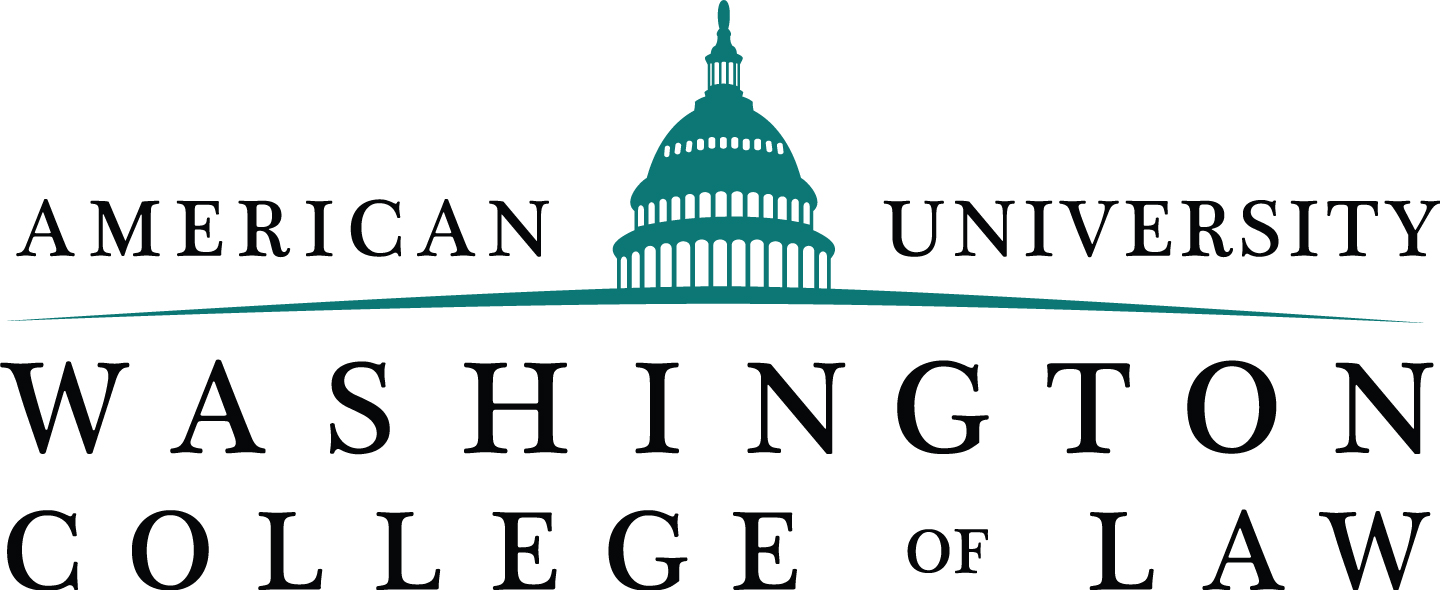Paralegal Certifications vs. Paralegal Certificates: What are the Differences?
Associate, bachelor’s, master’s and even non-degree programs may offer paralegal certificates. People who complete these programs and earn a certificate of completion may then become certificated in paralegal studies. Some paralegal education programs are granted acquiesce by the American Bar Association (ABA).
Paralegal certifications may indicate completion of an exam and fulfillment of work or meet certain established requirements. Paralegal certifications are offered by certifying organizations, such as the National Federation of Paralegal Associations (NFPA) or the National Association for Legal Assistants (NALA). Paralegals who have passed required examinations and fulfill ongoing requirements may become certified. Some credentials may include CORE or PACE Registered Paralegal, Certified Paralegal, Certified Legal Assistant or Professional Paralegal. To maintain these credentials, paralegals may also be required to complete continuing legal education (CLE).



